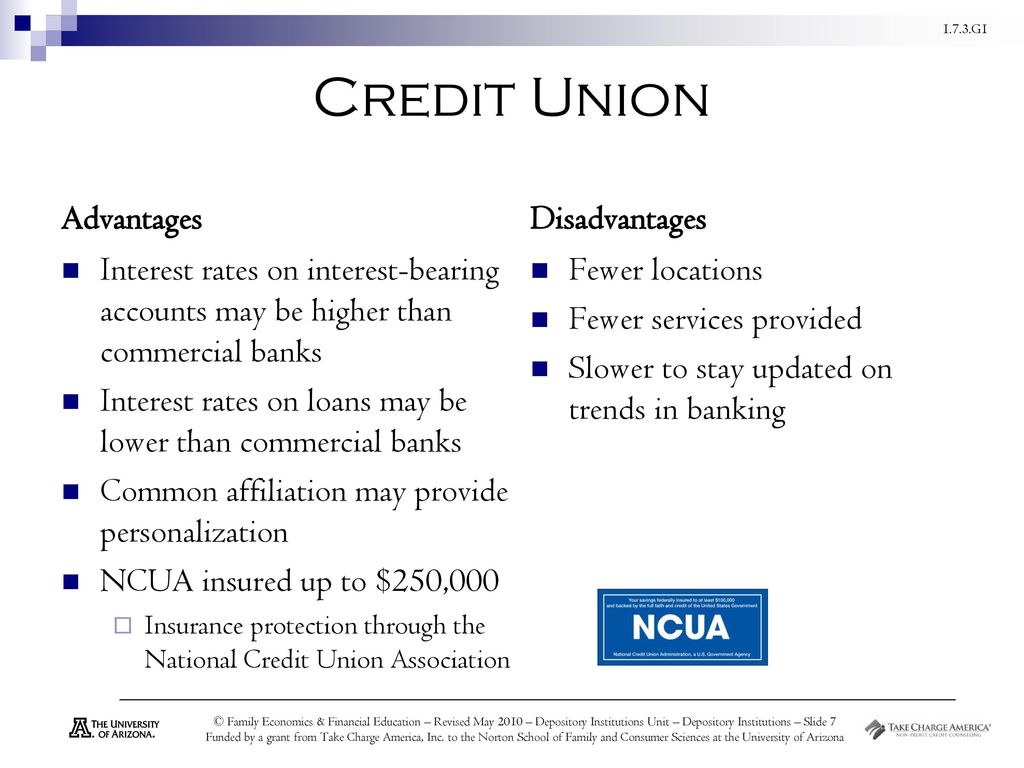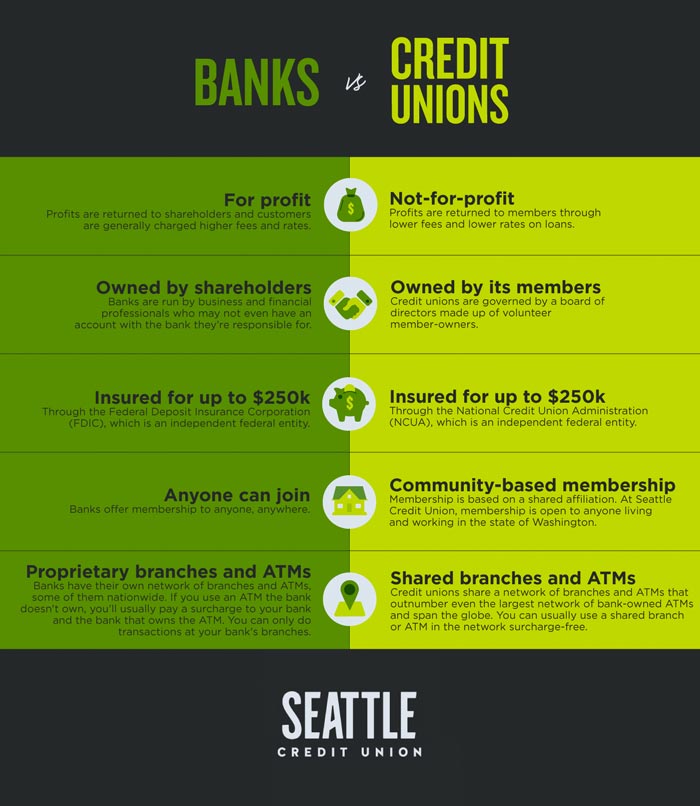Hybrid Line of Credit: Innovative Financial Products from Wyoming Credit Unions
Hybrid Line of Credit: Innovative Financial Products from Wyoming Credit Unions
Blog Article
The Ultimate Guide to Understanding Credit Score Unions
Lending institution stand as one-of-a-kind monetary entities, rooted in principles of common assistance and member-driven operations. However, past their fundamental worths, understanding the elaborate workings of credit score unions involves a much deeper exploration. Cheyenne Credit Unions. Unraveling the intricacies of membership eligibility, the evolution of services offered, and the distinct advantages they bring calls for a comprehensive assessment. As we navigate with the ins and outs of cooperative credit union, an insightful journey awaits to clarify these member-focused organizations and exactly how they vary from traditional banks.
What Are Credit Unions?
Cooperative credit union are member-owned banks that use a variety of banking services to their participants. Unlike standard financial institutions, credit unions run as not-for-profit organizations, meaning their main emphasis is on offering their members as opposed to making best use of revenues. Participants of a cooperative credit union generally share an usual bond, such as benefiting the same employer, coming from the very same community, or becoming part of the very same organization.
One of the vital advantages of credit report unions is that they often provide greater interest rates on savings accounts and reduced rate of interest on fundings compared to financial institutions. This is since cooperative credit union are structured to benefit their participants directly, permitting them to pass on their profits in the type of better prices and fewer charges. Additionally, lending institution are known for their personalized client service, as they focus on building connections with their participants to understand their special financial requirements and objectives.
Background and Evolution of Credit History Unions

The origins of member-owned economic cooperatives, understood today as credit report unions, trace back to a time when neighborhoods sought choices to typical banking institutions. The idea of credit scores unions stem in the 19th century in Europe, with Friedrich Wilhelm Raiffeisen typically credited as the leader of the cooperative financial motion (Cheyenne Federal Credit Union). Raiffeisen started the first acknowledged debt union in Germany in the mid-1800s, highlighting community assistance and self-help concepts
The evolution of cooperative credit union continued in The United States and Canada, where Alphonse Desjardins established the very first lending institution in Canada in 1900. Soon after, in 1909, the initial united state credit history union was developed in New Hampshire by a team of Franco-American immigrants. These early cooperative credit union operated on the essential concepts of common assistance, democratic control, and member possession.
Over time, cooperative credit union have grown in appeal worldwide as a result of their not-for-profit structure, concentrate on offering participants, and offering competitive monetary services and products. Today, lending institution play a vital function in the monetary industry, offering available and community-oriented financial choices for companies and individuals alike.
Membership and Eligibility Criteria
Membership at a credit score union is normally limited to individuals fulfilling particular qualification criteria based on the organization's beginning principles and regulative needs. Some credit scores unions might only serve individuals that work or live in a specific location, while others may be tailored to staff members of a certain business or participants of a particular organization.
Additionally, cooperative credit union are structured as not-for-profit companies, indicating that their key objective is to serve their members instead than create revenues for shareholders. This emphasis on member service typically translates right into more personalized interest, reduced costs, and affordable passion prices on loans and cost savings accounts. By meeting the qualification criteria and becoming a member of a cooperative credit union, individuals can access a variety of economic product or services customized to their details Credit Unions in Wyoming needs.
Solutions and Products Offered
One of the essential aspects that establishes debt unions apart is the diverse variety of monetary solutions and products they supply to their members. Credit scores unions normally provide traditional banking services such as savings and examining accounts, finances, and credit report cards.
Additionally, credit history unions often provide practical online and mobile banking options for members to easily manage their funds. They might supply perks such as common branching, allowing members to access their accounts at other lending institution across the country. Some cooperative credit union additionally supply insurance policy items like home, life, and vehicle insurance to help members protect their properties and enjoyed ones.
In addition to monetary solutions, cooperative credit union regularly engage in community outreach programs and financial education campaigns to support their members in attaining their monetary objectives.
Benefits of Banking With Lending Institution
When considering banks, checking out the benefits of financial with lending institution reveals distinct benefits for members looking for personalized service and affordable prices. One significant advantage of cooperative credit union is their emphasis on personalized client solution. Unlike big banks, lending institution are member-owned and prioritize building strong partnerships with their participants. This indicates that lending institution staff typically have a much deeper understanding of their participants' monetary needs and can provide customized solutions to help them accomplish their goals. Additionally, credit unions are known for providing competitive rate of interest on financings and financial savings accounts. Since they are not-for-profit organizations, credit history unions can typically give reduced financing prices, greater savings prices, and lower fees contrasted to traditional banks. This can cause considerable expense financial savings for members over time. Generally, financial with a cooperative credit union can give a more tailored, cost-effective, and member-centric monetary experience.
Conclusion

Credit history unions are member-owned monetary organizations that offer an array of financial services to their participants. The concept of credit score unions stem in the 19th century in Europe, with Friedrich Wilhelm Raiffeisen frequently credited as the pioneer of the participating financial movement.The evolution of credit score unions continued in North America, where Alphonse Desjardins established the very first credit union in Canada in 1900. Credit rating unions commonly offer conventional banking solutions such as savings and examining accounts, finances, and credit cards.When considering financial institutions, checking out the benefits of banking with credit rating unions exposes unique benefits for participants seeking customized solution and affordable rates.
Report this page